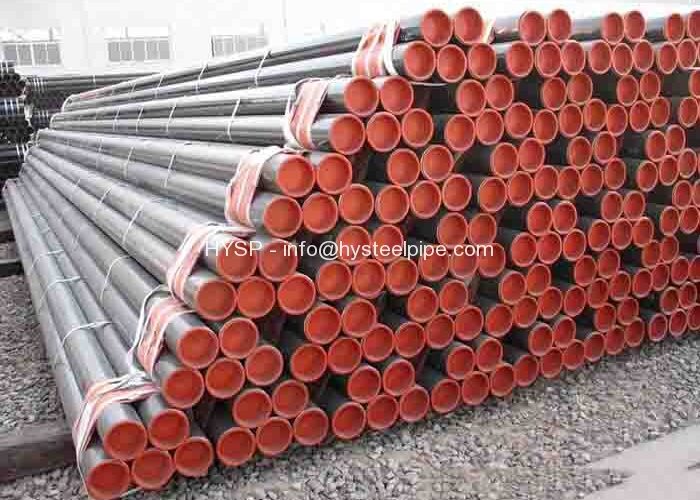(Business Standard)–Global steel demand may to grow at a faster pace of 3.3% this year, driven by rising need for the commodity from India, Brazil, Russia, West Asia and North Africa, according to a report.
“Global steel demand is forecast to grow faster in 2014 at 3.3%, with more demand growth expected outside China, including India, Brazil, and Russia, as well as emerging markets in the West Asia and North Africa,” an EY report said.
It also said growth is likely in key end-use sectors like infrastructure and construction, automotive and oil & gas.
“The Chinese economy continues to be a determining factor for the global steel demand in the medium-to-long term,” the report said.
It also said if urbanisation projects continue, accompanied by a strong domestic economy and a growing middle class, it will shift demand to more sophisticated consumer products such as cars and home appliances which will benefit steelmakers with high-end, value-added products.
On future demand, the report said it will be majorly driven by developing countires like China, Brazil, Russia, India and some African countries.
“As steel demand continues to shift to developing nations, the steel sector is focused on China, Brazil, Russia and India. Moreover, as Africa experiences stability and accelerated economic growth, future scramble for African demand could further shift the landscape in years to come,” EY global steel leader Anjani Agrawal said in the report.
He, however, pointed out that while there are signs of improving steel demand outlook, excess capacity remains the biggest threat to the steel sector.
“Permanent shutdown of inefficient capacity is the only real solution to bring balance to the market but in the short term it is difficult to see this happening given state participation in many countries and additional incentive to retain employment, regardless of profitability,” Agrawal said.
According to EY estimate, around 300 million tonnes steel making capacity needs to be closed for the industry’s profit margin to reach a sustainable level.
Source from: Business-Standard
Send Enquiry Now
- 168#, Miao Qian Xi Jie, Yue Xiu District, Guangzhou, China
- ENQUIRY@HYSTEELPIPE.COM
- CONTACT US HERE !
New Products

ASTM A335 Grade P22 Alloy Pipe Steel 3inch SCH120
HYSP supplies high quality ASTM A335 Grade P22 Alloy Pipe Steel and tube 3inch SCH120 for high pressure and temperature applications.
ERW Steel Tubing 12inch ASTM A53 B
HYSP Steel Pipe supply you ERW Steel Tubing 12inch ASTM A53 B SCH40 or API 5L ERW steel pipes for your gas and oil line pipe or water pipes application.
API 5L B ERW Steel Tube OD 426MM
HYSP makes API 5L B ERW Steel Tube OD 426mm x 9.53mm WT DRL for your applications like gas and oil line pipe. we can customize size and steel grade per request.
L235 ERW Pipe EN10224 OD 323.9mm
HYSP steel pipe makes L235 ERW Pipe EN10224 OD323.9mm steel tubes for the conveyance of water and other aqueous liquids. we also produce as required size.
